Honeywell’s multi-generational legacy in thermal switch development allows us to produce a custom thermal switch solution for your most advanced applications.
See how Honeywell Aerospace Technologies helped solve this customer’s needs:
A military helicopter experienced an over-temp indication from a thermal switch while flying a mission in a sand storm. The warning light was blinking. The crew landed the helicopter aborting their part of the mission. Failure analysis revealed a competing switch that closed intermittently. The military came to Honeywell to develop a switch which could sense the temperature without being effected by vibration near the set-point. The diameter of the hole the switch had to fit in was smaller than the ½” switch diameter. Honeywell developed a thermal nail that threaded in the hole, thermally isolated the switch from the exterior, and developed an accurate thermal offset to control the temperature reliably in all environments. The fleet was subsequently retrofitted.
Years later a large US commercial aircraft manufacturer needed a small probe diameter thermal switch for reasons of high vibration, space limitations, and high temperature. The thermal nail concept was applied along with unique mounting configuration, short probe length, and the same process of temperature development used earlier leading to a satisfactory use on the aircraft fleet.
These devices are in production now. Honeywell can tailor a thermal switch solution to fit your needs. Contact us to customize the right solution for you.
Thermal switches exported from the United States must be done in accordance with the export administration regulations (EAR) and/or the international traffic in arms regulations (ITAR) as applicable.
Yes, we retrofit legacy systems (e.g., GE Frame 5, Siemens V94.2) with modern digital controllers, typically completing hardware integration within 4-8 weeks. Software migration requires additional validation time.
We recommend annual performance testing under ISO 3977-2 standards. Critical applications (e.g., offshore platforms) may require semi-annual tests with emissions compliance checks.
All rad-hard devices (e.g., FPGA, ADC) are QML Class V certified under MIL-PRF-38535 and tested to MIL-STD-883 Method 1019 for SEU tolerance. Full qualification reports are available upon request.
Our ASICs and power management ICs operate across -55°C to +175°C ambient temperatures, with derating curves provided in military temperature range (MTR) datasheets.
Our PMA parts (e.g., actuators, sensors) hold FAA/EASA Form 1 certification and match OEM form/fit/function. Installation requires SB/MB documentation per FAA AC 23.1529.
All NAS/MS fasteners include full DNA traceability: melt source (AMS 2301), heat/lot numbers, and AS9100-compliant MTRs with ultrasonic test reports.
AOG orders ship within 4 hours for stocked items (FAA-PMA, EASA Part 21G). Non-stock critical parts trigger priority manufacturing with 72-hour max turnaround.
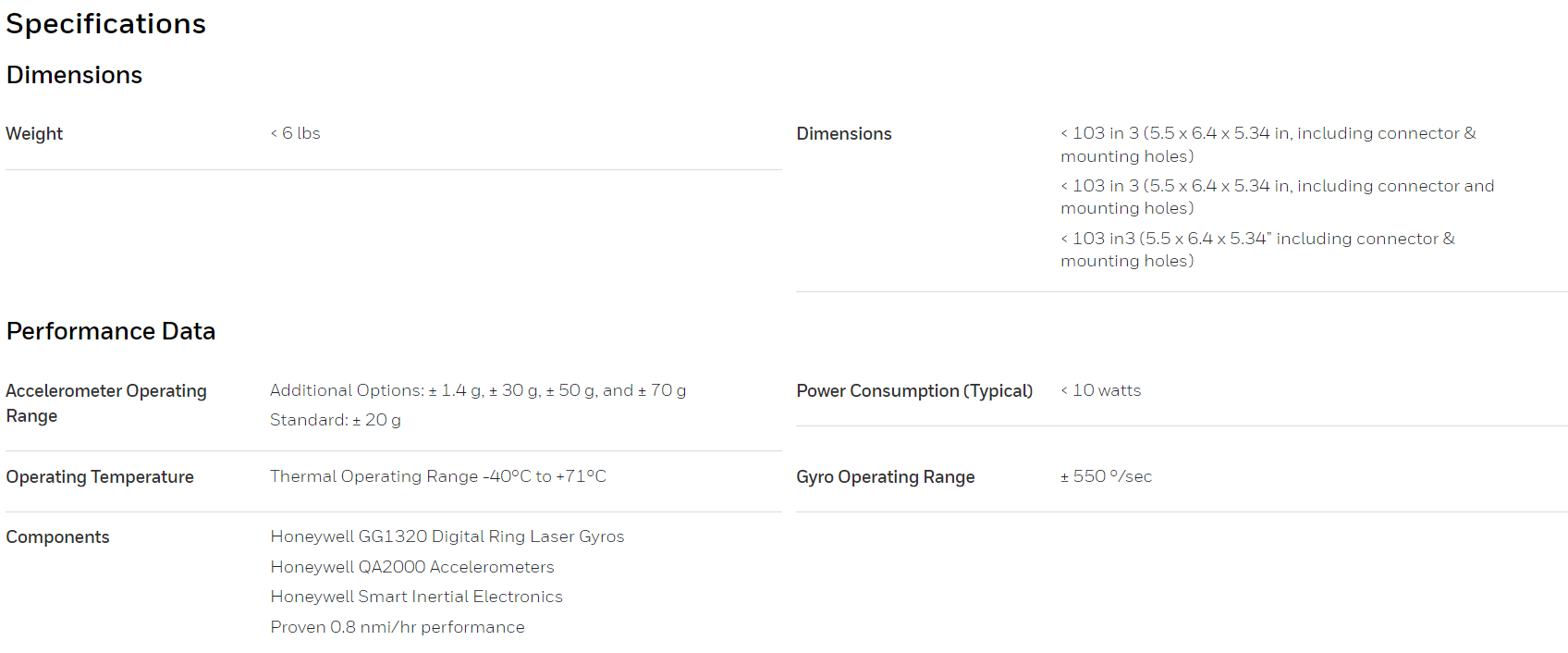
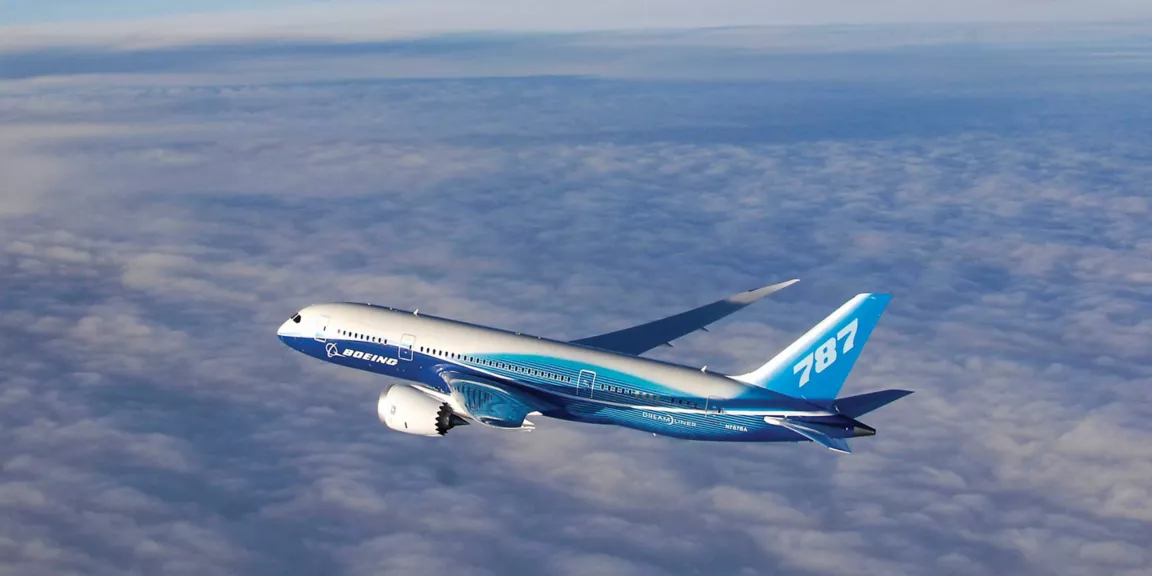
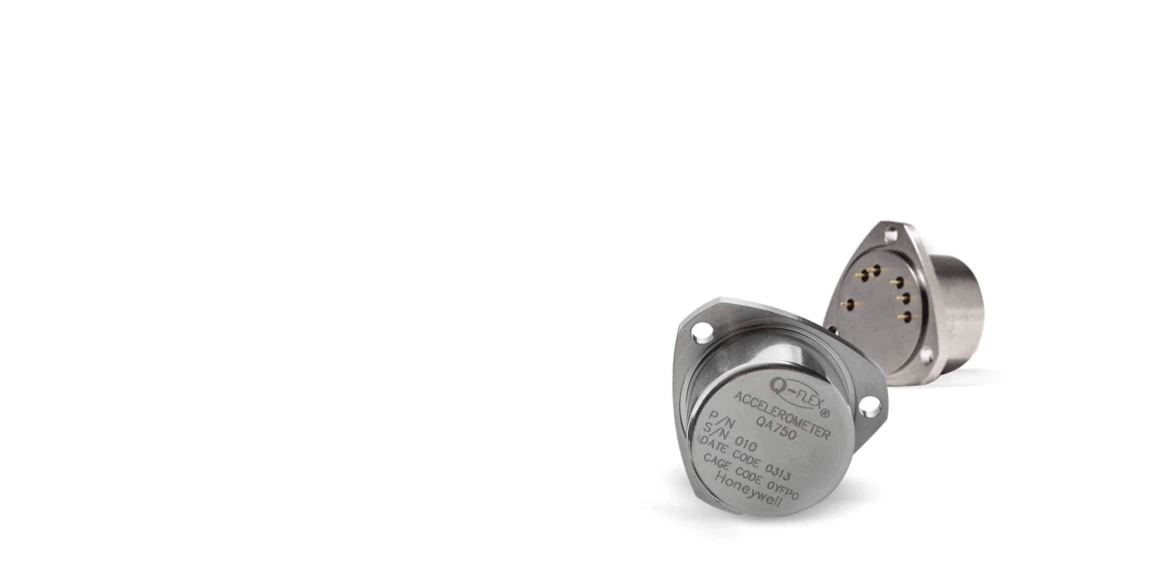
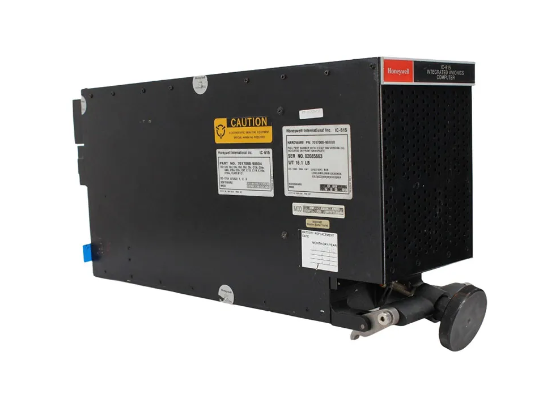
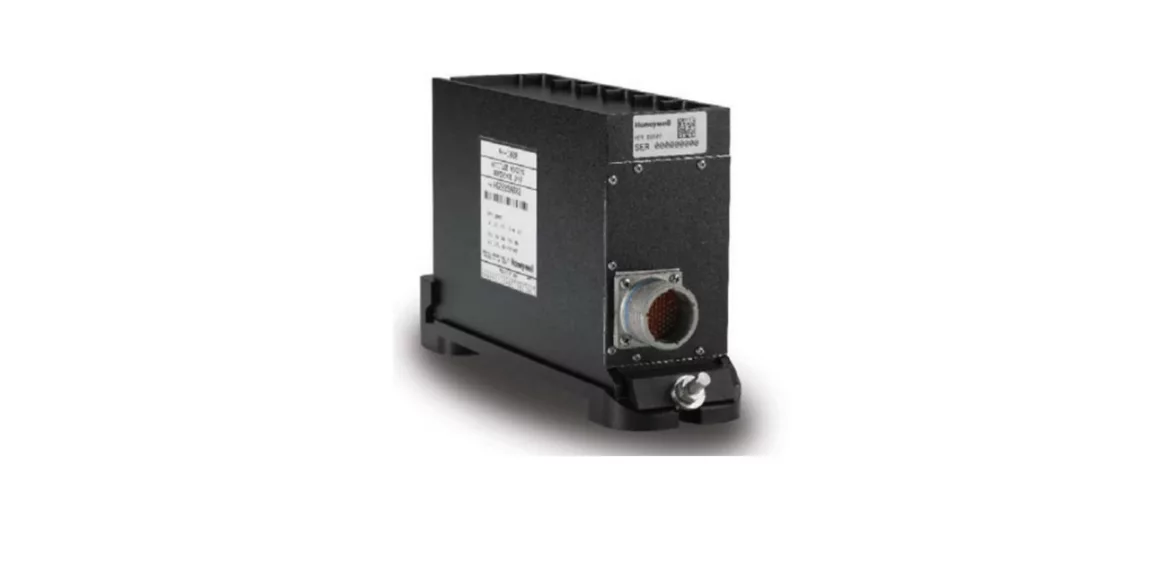
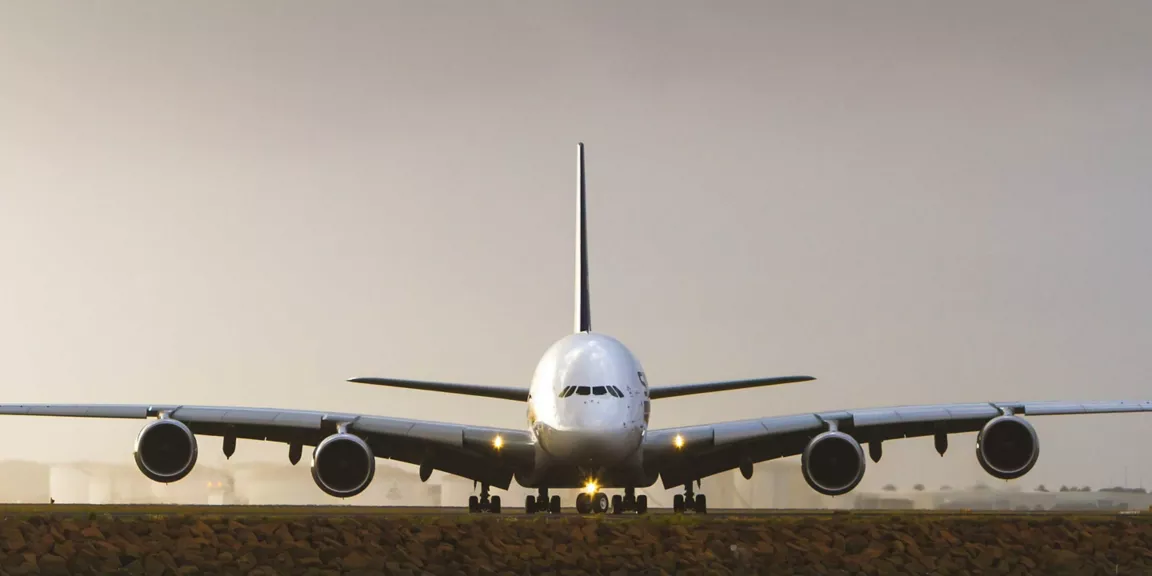
 Gas Turbine
Gas Turbine
 Aircraft parts
Aircraft parts